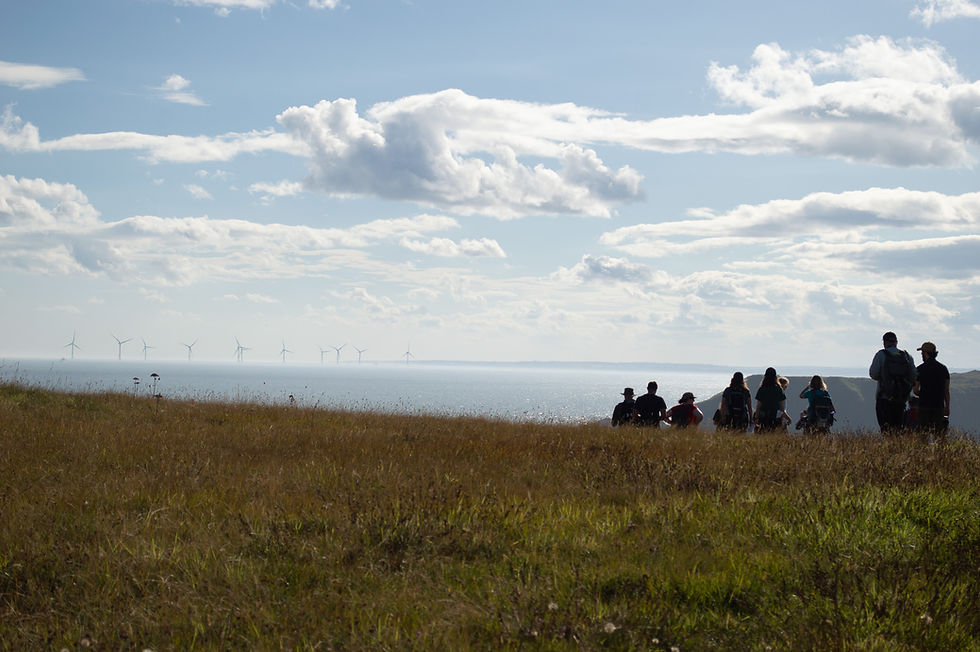Tourism’s Tipping Point: Why Nature Positive is No Longer Optional
- MOYO Training
- Jun 19, 2025
- 2 min read
Updated: Jul 9, 2025
The tourism industry has reached a critical turning point.
For decades, tourism has opened borders, created livelihoods, and brought the world closer together. But it’s also left a trail: trampled ecosystems, rising emissions, over-tourism, and cultural commodification. As climate change accelerates and biodiversity loss becomes a global emergency, one thing is clear:
We can’t keep taking from nature without giving back—because eventually, there’ll be nothing left to offer.

The environmental costs we can no longer ignore
Tourism contributes to approximately 8% of global carbon emissions, much of it through transportation, infrastructure development, and energy use in hospitality. But emissions are only part of the picture.
According to the UN Biodiversity Conference, up to 1 million species are at risk of extinction, many of them in popular tourist hotspots—rainforests, coral reefs, coastal wetlands.
Destinations we admire for their natural beauty are under mounting pressure from the very industry that celebrates them. From bleached coral in the Maldives to disappearing glaciers in the Alps, climate vulnerability is reshaping the travel map. Entire economies dependent on tourism are at risk—not in the future, but now.

What does “Nature Positive” actually mean?
"Nature positive" is not just another sustainability buzzword. It refers to an approach that goes beyond reducing harm to actively restoring and regenerating ecosystems.
Being nature positive means:
Rebuilding biodiversity, not just minimizing its loss.
Supporting local communities who act as custodians of natural areas.
Designing tourism experiences that enhance, rather than extract, from the environment.
Nature positive is not just about saving trees—it’s about building long-term resilience for the tourism sector and the people who depend on it.

It’s not just ethical—It’s essential
The question is no longer whether tourism should become more sustainable—it’s whether it can survive if it doesn’t.
Travelers are increasingly aware of their footprint. Governments are tightening regulations. Investors are shifting toward climate-resilient portfolios. In short: nature positive is not just good ethics; it’s good business.
Tourism can be a powerful force for regeneration—if we equip ourselves with the right knowledge, tools, and values.
This blog is the first in a four-part series designed to empower you with insight, strategy, and practical tools for aligning your work with a regenerative vision.
🌿 Ready to reflect on your role?
We invite you to explore our mission and learn how training can support your journey toward nature positive tourism 👉 https://www.moyotraining.com/nature-positive.
Written by Hayley Whyte







Comments